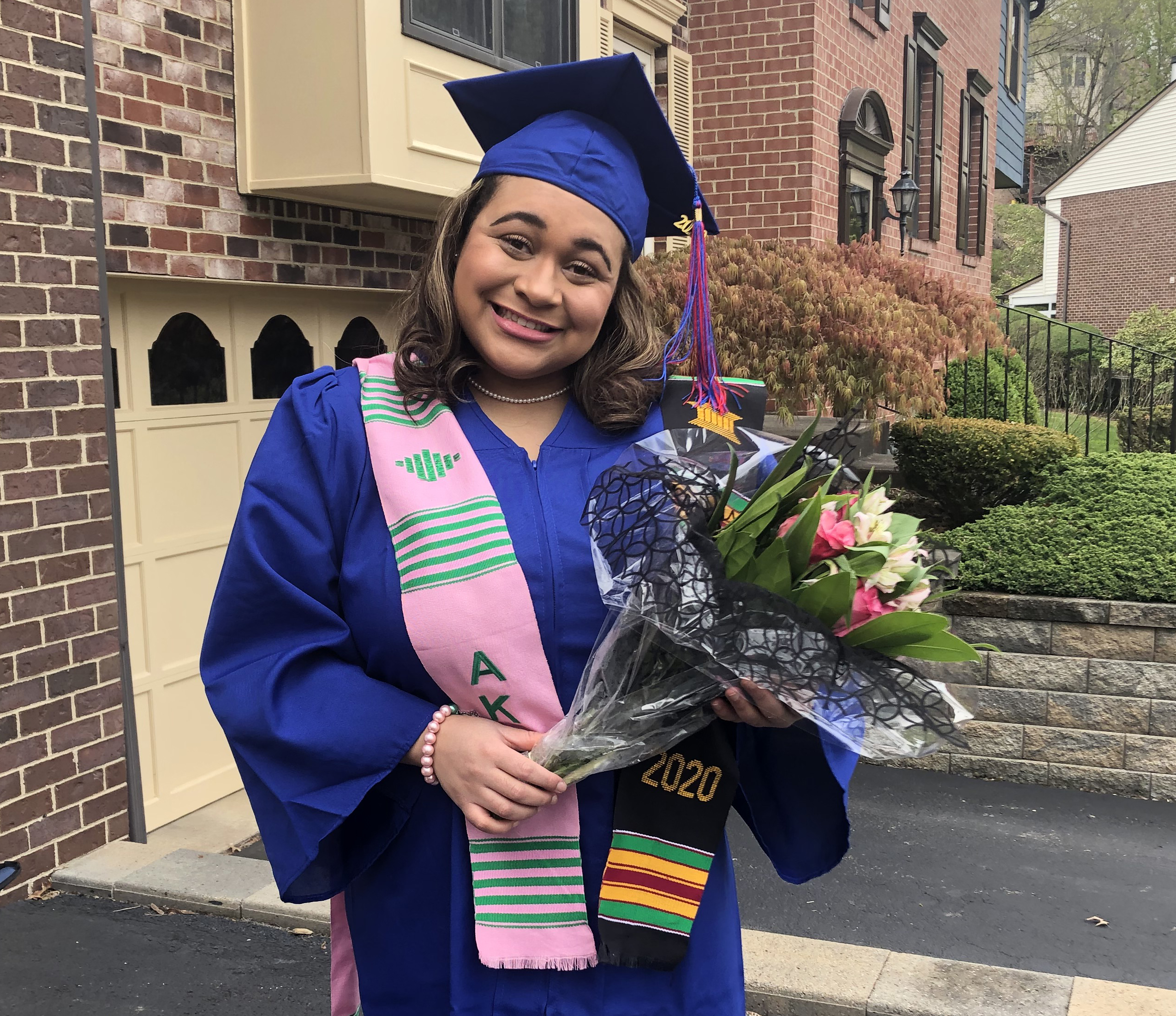

Lock replied that there were troubles between them. Milano asked her if that was her mother's house and wondered why she wanted her mother killed. Milano answered in the affirmative, and Lock drove him past Blanton's house and pointed it out as the house of the person whom she wanted killed. She had previously purchased marijuana from Milano and, in late July 1985, she asked Milano if he knew someone who would take care of killing an elderly person with whom she was having trouble. The facts, according to Milano's testimony, were that he and Lock had been acquainted since April 1984. At the second trial, the jury basically had to choose to believe either the testimony of Milano or of Lock.
Madison courier trial#
The first trial resulted in a mistrial because of a hung jury. Lock, the adopted daughter of the victim, was accused of hiring Milano and giving him a key and diagram of Blanton's house and otherwise aiding and conspiring with him to kill Blanton. The facts of the case are that Raymond Lee Milano savagely bludgeoned the victim, Minnie Blanton, and burglarized her home in the early morning hours of August 15, 1985. Having considered all of the arguments, we find that the trial court did not commit reversible error and that the convictions must be affirmed. The impropriety of the court's imposing the $10,000 fines. The insufficiency of the evidence to support the verdicts andĦ. The trial court erred in allowing defendant's testimony from her first trial to be introduced into evidence at the second trial ĥ. Prosecutorial misconduct in failing to provide allegedly exculpatory evidence Ĥ. The trial court erred in allowing hearsay evidence of conversations between non-party witnesses and the victim ģ. The trial court erred in allowing an allegedly incompetent, improperly-disclosed witness to testify concerning what she overheard in a telephone conversation between the victim and a third person Ģ. In her direct appeal she asks us to reverse these convictions because of the following alleged errors:ġ. She was sentenced to imprisonment for periods of 40 years and 30 years, respectively, to be served concurrently, and fined *1157 $10,000 for each conviction. Gen., Indianapolis, for appellee.ĭefendant-Appellant Kimberly Lock was convicted by a jury of having committed the crimes of aiding murder and conspiracy to commit murder, both Class A felonies. Kemper, Jenner, Kemper & Auxler, Madison, for appellant.


 0 kommentar(er)
0 kommentar(er)
